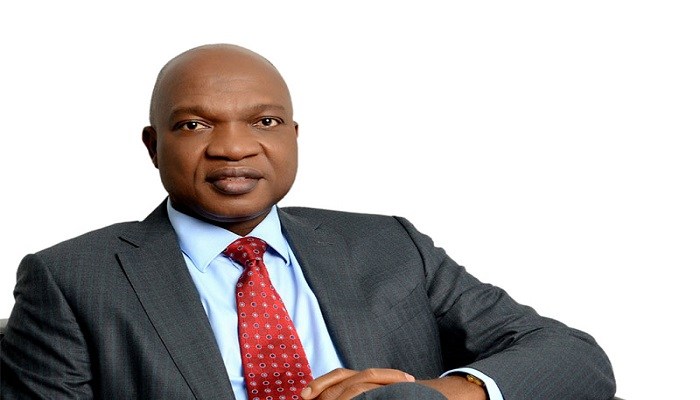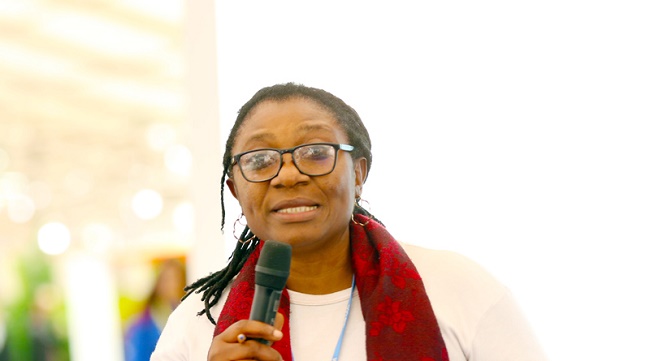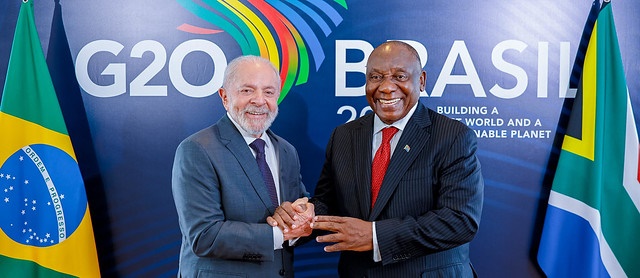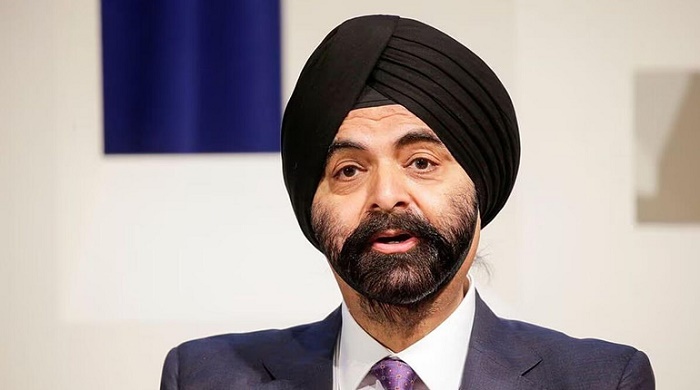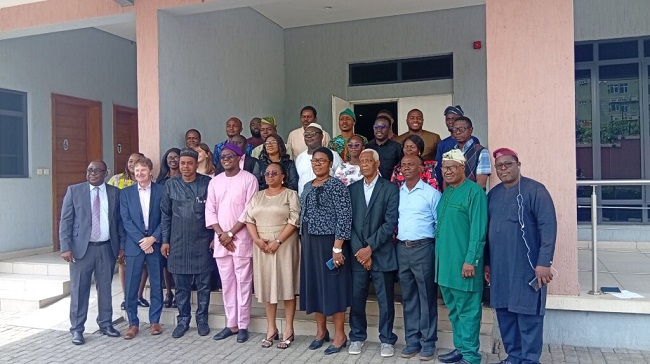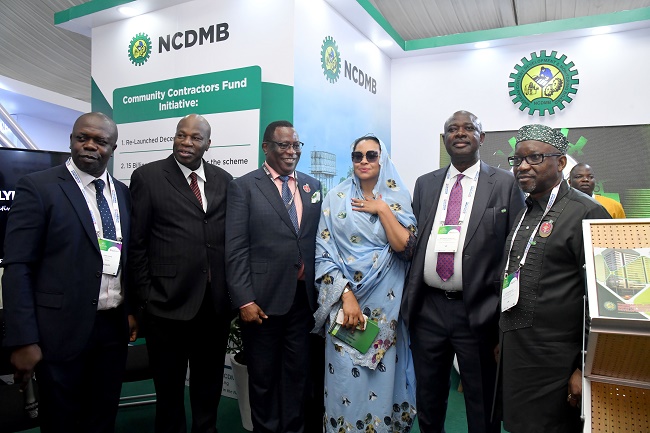The Vice-President, Sen. Kashim Shittima, on Thursday, December 5, 2024, in Abuja, launched the Nigeria Hazard Risk Countrywide Analysis 2024 document.

Shettima, at the launch, said that the document was conceived from extensive research.
He said that it aimed to enhance Nigeria’s readiness against ecological uncertainties by providing essential data for decision-making and implementing early warning systems.
The document was put together by the National Emergency Management Agency (NEMA) in collaboration with UNICEF.
The report reflects a collective effort to build resilience and infrastructure necessary for disaster prevention and response, aiming to protect lives, property, and the environment.
The Vice-President said that a mature nation was one that anticipated future emergencies and planned accordingly, hence the need for the event.
He acknowledged the recurring crises in Nigeria, such as floods and health emergencies, underscoring the need for a robust disaster management framework.
According to him, the analysis empowers policymakers and community leaders with insights to devise strategies that reduce risks and save lives, transitioning from reactive to proactive approaches.
“The frequency and intensity of disasters in Nigeria has increased over the last decade, telling us all to rise to the occasion.
“This is why we can not afford to be caught unaware. While we may not be able to entirely prevent all disasters, especially the natural one, we can atleast mitigate it.
“This foundation will allow us to build effective risk reduction strategies and strengthen the resilience of our communities,” he said.
Shettima said that the report reflected the determination of the Federal Government, and also leads a strong foundation for enhanced preparedness and response across Nigeria.
“This is a moment for all stakeholders to collaborate in utilising this tool to reinforce the infrastructure for protecting lives, property, and the environment.
“This is the time of service we owe this great nation,” he said.
He commended NEMA and other stakeholders for their efforts in compiling the comprehensive report, which serve as a foundation for effective risk reduction strategies.
The Deputy Speaker, House of Representatives, Mr Benjamin Kalu, called for community-centered innovation.
Kalu urged legislators to utilise their constituency offices to drive risk-informed programmes and build grassroots capacity for disaster response.
He encouraged federal agencies to collaborate with federal constituencies, emphasising their proximity to the people and their vital role in disseminating crucial information.
He called for the shared responsibility of disaster management, while commending the contributions of international agencies, NGOs, and the private sector.
The lawmaker urged his colleagues in the National Assembly to utilise the insights presented to inform legislation, oversight actions, and strategic partnerships aimed at safeguarding lives and livelihoods.
He expressed hope that the inauguration would mark the unveiling of a document and also the beginning of tangible actions towards a more resilient Nigeria.
The Country Representative, UNICEF Nigeria, Cristian Munduate, said that the project was achieved under the leadership of NEMA, with technical support from UNICEF and generous contributions from the Swedish government.
“Over 400 representatives of relevant ministries, departments, and agencies at the federal and state level, academic institutions, as well as international organisations participated in this effort.
“Understanding risk is not just about data, it is about saving lives, protecting livelihoods, and ensuring that no one is left behind.
“In terms of emergency preparedness, knowing where floods tend to occur over the past 10 years can help, on the one hand, to prioritise investment,” she said.
According to her, together, with this document, we can transform risk into resilience and create a safer, more prosperous future for every child in Nigeria
The Director-General, NEMA, Mrs Zubaida Umar, emphasised the importance of periodically reviewing the risk analysis to align with the current hazard landscape in Nigeria.
Umar said that the analysis provided a detailed risk profile ranking hazards by severity and impact across different regions.
“UNICEF has been providing technical support since 2021, helping NEMA to collect and analyse hazard risk data.
“The collaboration aims to enhance Nigeria’s emergency preparedness and response capabilities.
“The updated risk analysis will inform the National Contingency Plan, enabling more effective disaster management strategies and humanitarian interventions across the country,” she said.
By Philomina Attah


